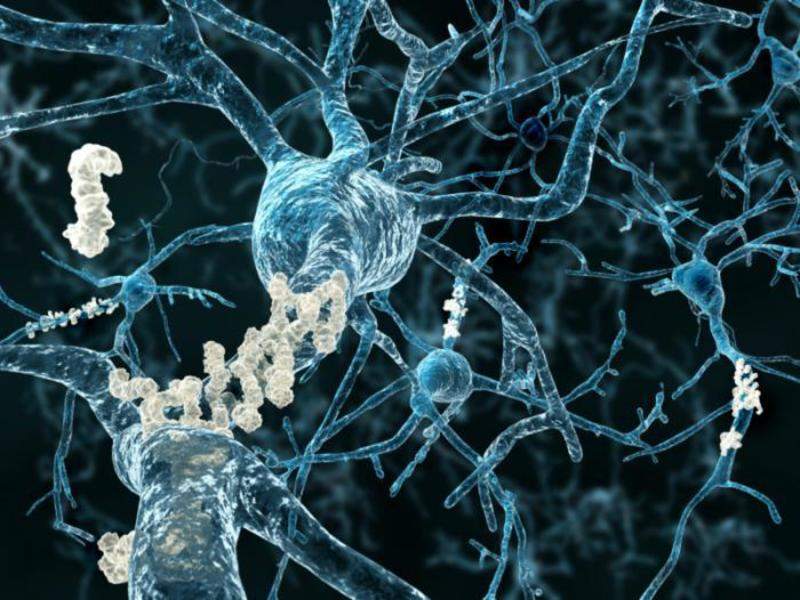
Biopharmaceutical firm Alzheon has discovered an endogenous substance in the human brain that can block the formation of neurotoxic beta amyloid (Aβ) oligomers associated with pathogenesis of Alzheimer’s disease.
The scientists identified that the substance, 3-sulfopropanoic acid (3-SPA), is a primary metabolite of tramiprosate and of its prodrug ALZ-801 in humans.

Discover B2B Marketing That Performs
Combine business intelligence and editorial excellence to reach engaged professionals across 36 leading media platforms.
Alzheon believes that the cognitive improvements demonstrated in Alzheimer’s patients during the Phase III clinical trials of tramiprosate may be partially attributed to 3-SPA’s therapeutic effects in the brain.
The finding is said to hint at a potentially protective role of 3-SPA in aging human brains.
In the latest study, analysis of non-treated and treated patients showed that the 3-SPA levels were up to 12 times higher in those administered with oral tramiprosate compared to the drug-naïve or placebo arm.
According to the company, presence of an endogenous substance that can prevent Aβ oligomer formation also indicates the possibility of a protective endogenous anti-Aβ oligomer pathway within the central nervous system.

US Tariffs are shifting - will you react or anticipate?
Don’t let policy changes catch you off guard. Stay proactive with real-time data and expert analysis.
By GlobalDataThis pathway is expected to have the potential to prevent or delay the onset of Alzheimer’s by modulating neurotoxic effects of abnormal Aβ aggregation in the aging human brain.
Alzheon founder, president and CEO Martin Tolar said: “The results from this publication suggest a potential protective role of endogenous 3-SPA in normal human brains, guarding against the formation of beta amyloid oligomers that cause neurodegenerative disorders such as Alzheimer’s.
“This new discovery and mechanistic data strongly support our therapeutic approach and strengthen Alzheon’s commitment to confirm the efficacy of ALZ-801 in APOE4 carriers, a genetically-defined subset of Alzheimer’s patients.”
ALZ-801 is an investigational, oral anti-amyloid optimised prodrug of tramiprosate. It secured the US Food and Drug Administration (FDA) fast track status in October last year to treat Alzheimer’s patients.




